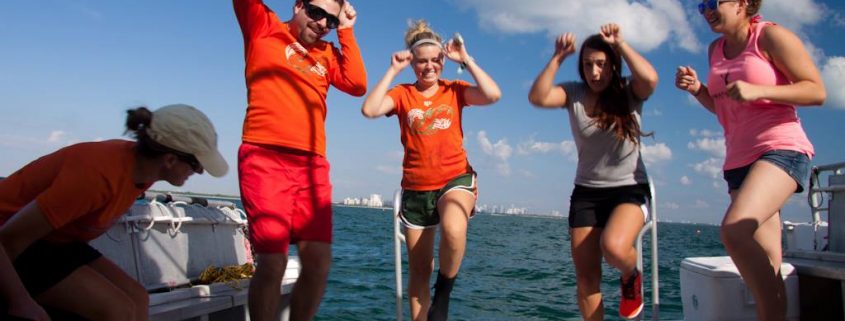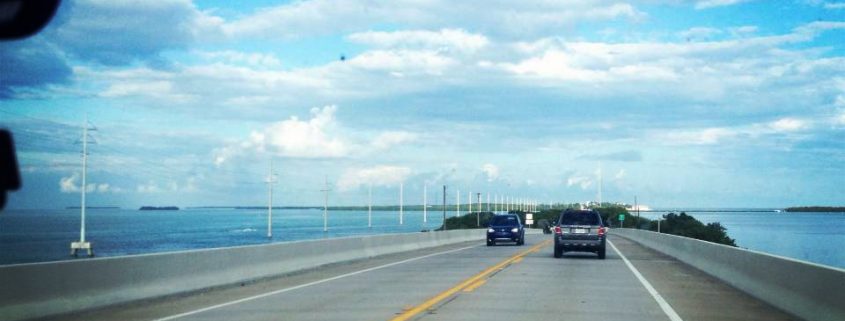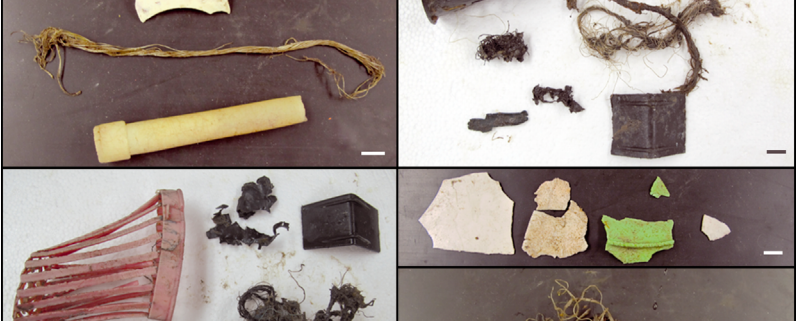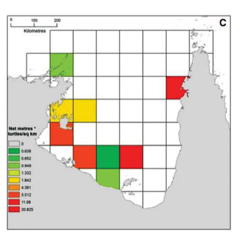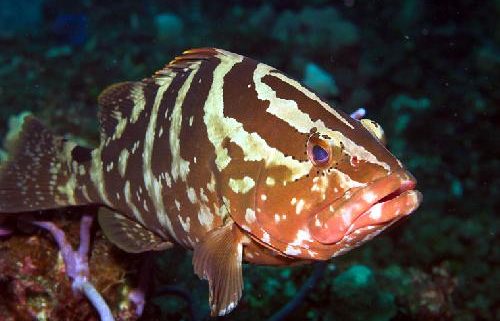Shark Tagging with ScienceOnline Oceans
by Daniela Escontrela, RJD Intern Another exciting day of shark tagging lay ahead and I was really excited to get out on the water before the week that lay ahead for me. Today was going to be an unusual trip; and in other aspects a first for RJD. For one thing our group was going […]
Sea Level Rise: How bad is it really going to be?
by Gabi Goodrich, RJD Intern For years scientists have been discussing the effects of global warming, carbon emissions and those effects on the oceans. But how bad is it really? Currently the rate of sea-level rise is about 3.2 millimeters per year (about .13 inches per year) [1]. However, with our current output of carbon […]
Marine protected area help recover fish without harming fishers
by Kyra Hartog, RJD Intern With fisheries collapsing around the world, Marine Protected Areas (MPAs) have emerged as a potential solution to allow fish stocks to recover to a level at which they may be harvested sustainably. There are several types of MPAs, ranging from areas with some fishing allowed to no-take reserves. Though MPAs […]
Plastic ingestion in fish
By Dani Escontrela, RJD Intern Plastic debris is becoming a very prevalent problem for our world’s oceans. In fact two of the ocean’s largest features, the North Pacific and North Atlantic Subtropical gyres, have large patches of anthropogenic debris floating in its waters. There has been a significant amount of research that has found plastic […]
Ghostnets: marine debris is “ghostfishing”
by Emily Rose Nelson, RJD Intern Annually 640,000 tons of fishing gear is lost, abandoned, or discarded at sea. This deserted fishing gear is known as “ghostnets” and has the potential to “ghostfish” by itself for decades. Ghostnets are a growing issue due to their ability to trap and kill large quantities of commercially valuable […]
Predator identity and its indirect effects on fishing
By Laura Louon, Marine conservation student Few would be surprised by the fact that fishing causes a reduction in the population of the targeted fish. That is a direct effect of fishing. But nothing in the ocean happens in a vacuum; if you decrease the number of individuals of one species, you are bound to […]

